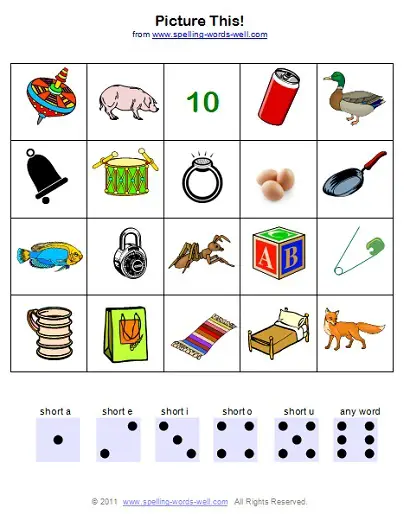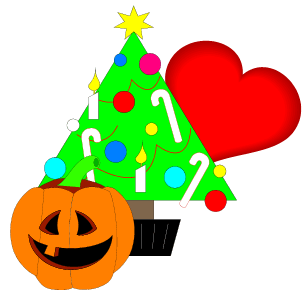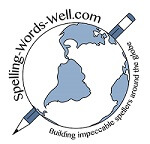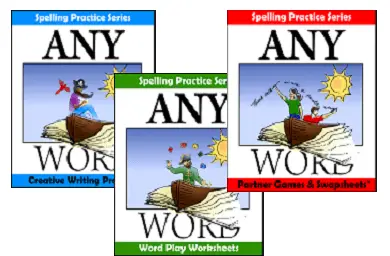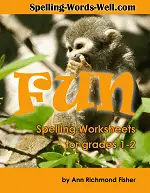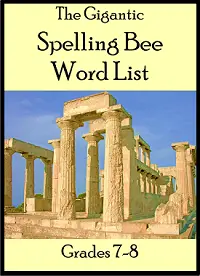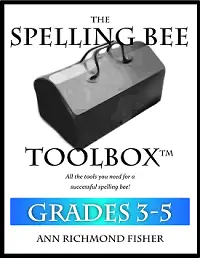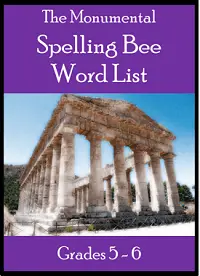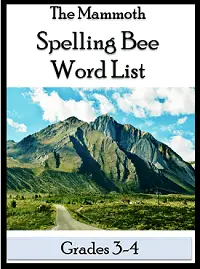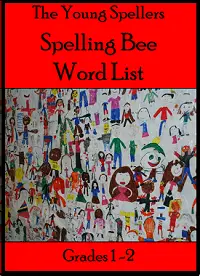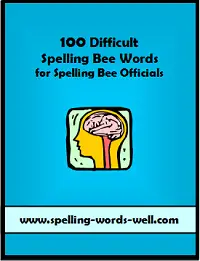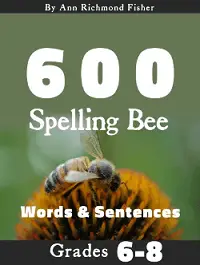Invented Spelling - Pros and Cons
Definition: Invented spelling is the effort of young students to spell words they have not yet learned by using their own thoughts on how to spell.
Children make up their own word spellings before they learn all the letter sounds (especially vowel sounds), before they have a foundation in phonics, and before they have started memorizing a lot of words, For instance, a kindergartner might write this sentence:
i wnt tu
go tu ur hs tda.
(I want to go to your
house today.)
In some spelling programs, this type of spelling is encouraged; in others, it is most definitely discouraged. Why? We'll look at just two points on each side.
Reasons for encouraging early
learners to use invented spelling
1. Children must start the process of writing and spelling at some stage. Some educators believe that by allowing students to write what they hear without having that writing judged as being correct or incorrect actually speeds up the process of learning to write and spell.
2. Children are encouraged to write and think freely, then read their stories back to others. As long as the child knows what he wrote, it doesn't matter if anyone else can read it. This method allows the child to write more and actually boosts his self-confidence in the whole writing process.
Reasons for encouraging early learners to use conventional spelling
1. There are correct ways to spell all words. Students must eventually learn them. If they start learning the correct spellings of words early, children will -- in the long run -- be ahead of students who don't learn the right spellings at first.
2. Students who learn to spell correctly, ultimately have more
confidence in their compositions because others can read their writings
more easily than pieces written with their own "creative"
spelling.
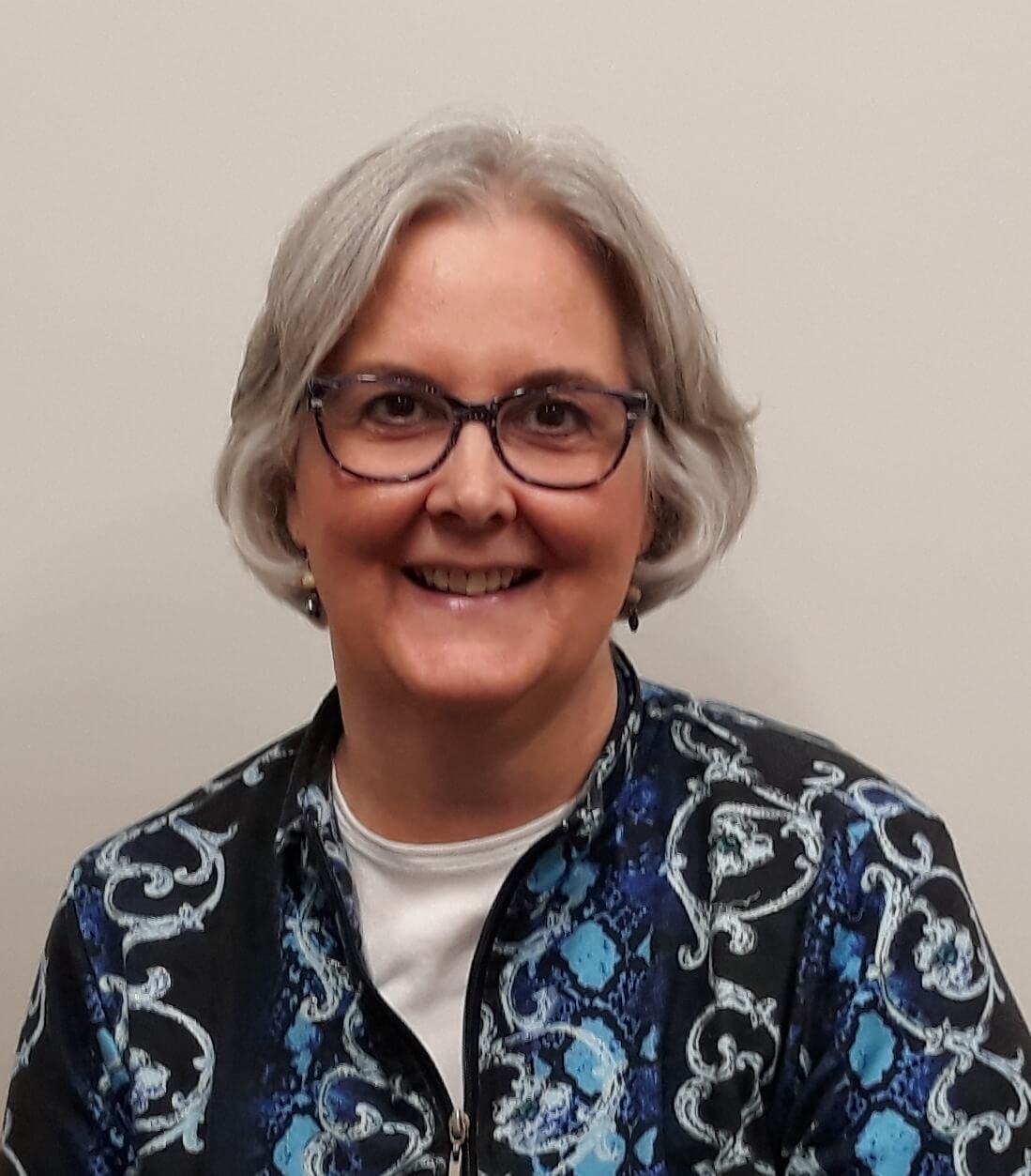
My thoughts and experiences on the subject?
I received my teacher training in the days when the "whole language" approach, which includes invented spelling, was very popular. But I had instructors and courses on both sides of the debate. And in my practice teaching I used both approaches. Because my classroom teaching was in upper elementary, I taught conventional spelling techniques.
By the time I was raising
my own
children and encouraging them to read and write, I could still see both
sides. I wanted my kids to be confident readers, writers and
thinkers. In the long run, however, I believe the
advantages
of conventional methods win out for most learners. That's
why I'm
promoting spelling words well on this website.

Your thoughts?
C.G., former first grade teacher from Pittsburgh, PA, writes:
I taught primary grades my entire career and fourteen of those years were in first grade. I never liked to use the words "invented spelling" but rather used the words "best try" spelling… I didn't want to convey the wrong message to students--that is, we do not make up spellings.
There is a right way to spell words. However, my little students knew that I knew they were early spellers and didn't know how to spell many words yet that they could say.
For example, many of my little first graders have a wonderful oral vocabulary and they loved to use their million dollar words in their early writing. They knew the word gigantic but they could only spell big. Well, if they wanted to use gigantic, I sure didn't want them to write big simply because they couldn't spell their wonderful vocabulary word. So they might write "jigantic" instead.
Once they learned a spelling pattern and rule, they were held accountable…We kept writing journals … and their journals provided many teaching and learning opportunities. Look, in September [they] spelled gigantic with a j at the beginning, but in April [they] know it has a g because it is soft.
My first graders who were permitted to use "best try" spelling not only had great oral vocabulary, but they also applied their great oral vocabulary in their writing as well. …They were not afraid to make a mistake because they knew they still had so much to learn about how to spell those million dollar words correctly.
In Conclusion...
Thanks, C.G., for sharing. I love your "best try" terminology, and your approach to the very interesting topic of invented spelling.
If
you have something to
share on this topic,
please feel free to contact
me!
- Spelling Words Well ›
- Spelling Lessons ›
- Invented Spelling
AnyWord Spelling Practice Series Worksheets, Games and Prompts that work with almost ANY spelling words!
Fun Spelling Worksheets for Grades 1 and 2 50 All-new reproducible pages for early learners!
Gigantic Spelling Bee Word Lists with definitions, sentences and languages
Spelling Bee Toolboxes for Grades 3/5 and 6/8 All the resources you need for a successful bee!
Monumental Spelling Bee Word Lists for grades 3/4, 5/6 and 7/8 with definitions, sentences and languages
Mammoth Spelling Bee Word Lists for grades 3/4, 5/6 and 7/8 with sentences, definitions, and languages
Young Spellers Spelling Bee Word List for Grades 1 & 2 only
100 Difficult Spelling Bee Words with Definitions, Sentences and Pronunciations, Volumes 1 and 2
600 Spelling Bee Words & Sentences for Gr 3/5 & 6/8 Extra words & sentences at two levels

